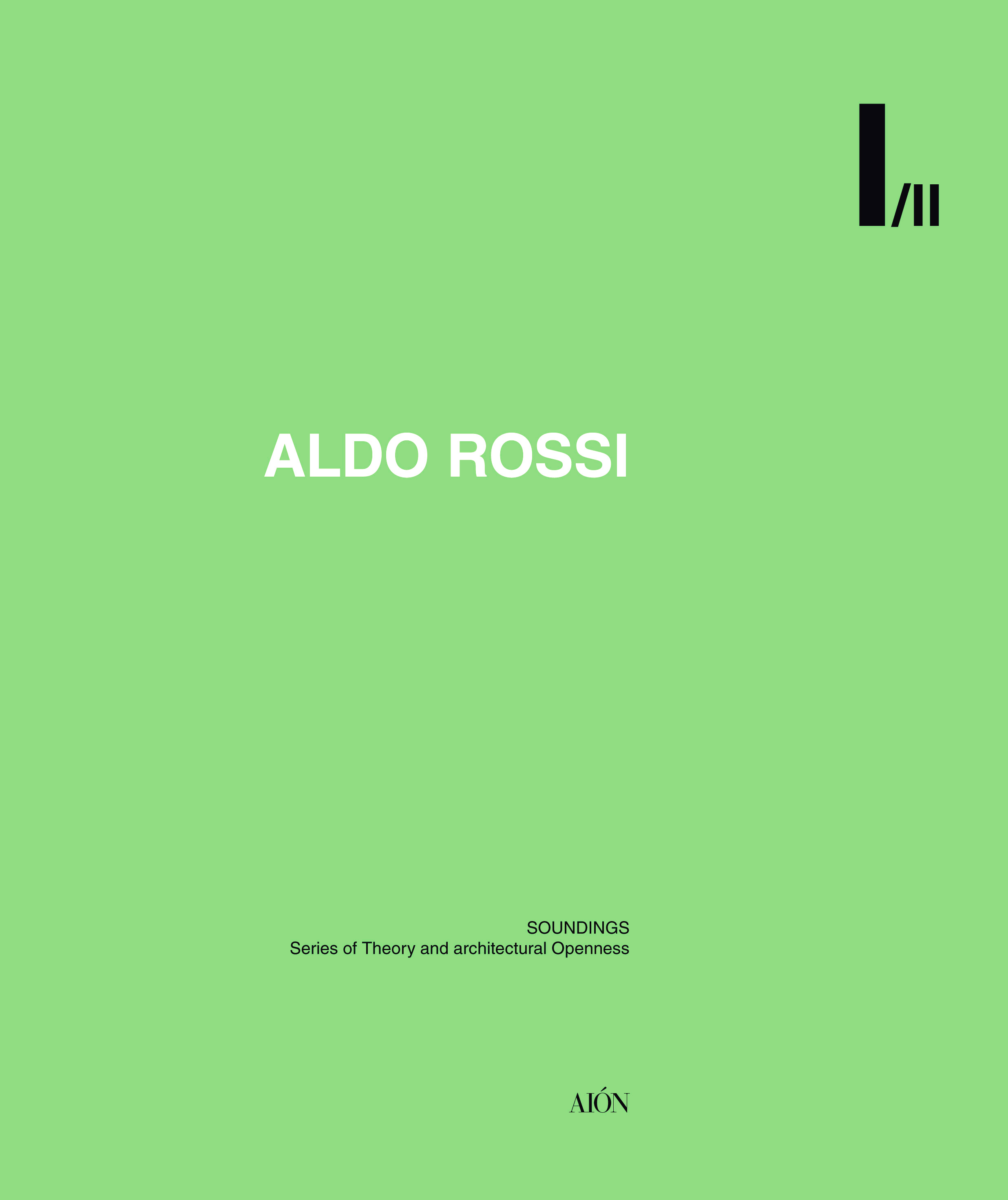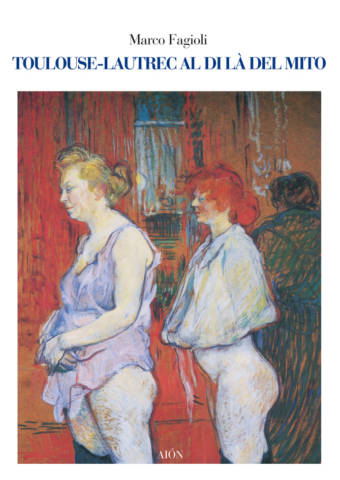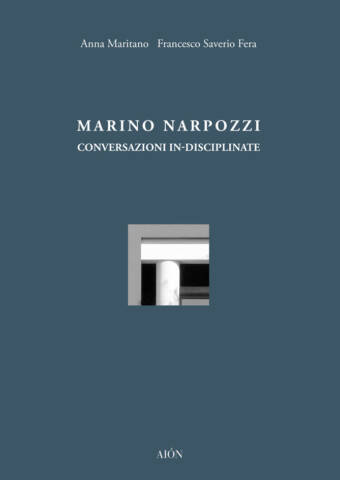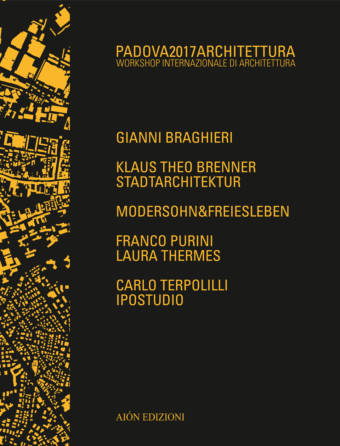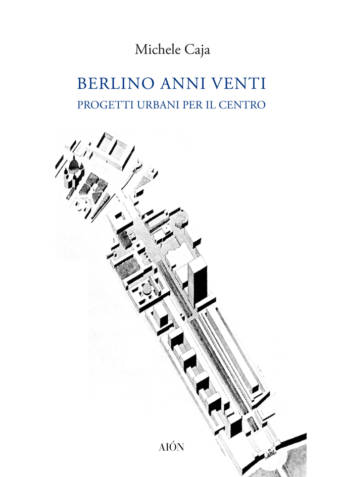Descrizione
Aldo Rossi (Milano 1931-1997) è stato un geniale e contraddittorio maestro dell’architettura della seconda metà del Novecento ed il primo italiano ad essere insignito del Premio Pritzker nel 1990. Il suo lavoro ci ha lasciato in eredità libri, progetti e opere significative realizzate in tre continenti. L’architettura della città (1966), l’Autobiografia scientifica (1989) e l’Opera completa (1987-1996) dei suoi progetti sono libri studiati e letti in tutto il mondo. La sua opera si è caratterizzata per il rigore della sua struttura epistemologica, ma anche e soprattutto per l’incanto e la meraviglia nei confronti di una realtà, all’interno della quale il progetto di architettura ritrova nelle sue origini e nel “già stato” i fondamenti per ogni sviluppo futuro. Con altrettanto rigore, per Aldo Rossi, il disegno di architettura e le immagini da esso prodotte hanno acquisito la sostanza di un vero e proprio linguaggio, per mezzo del quale riflettere su interrogativi esistenziali e simbolici che non possono essere descritti ed articolati con le parole. Attraverso la fiducia nella teoria, nelle immagini e nelle opere costruite Rossi ci ha mostrato un modo di affrontare criticamente le contraddizioni del nostro tempo.
Aldo Rossi (Milan 1931-1997) was a brilliant but self-contradictory master in architecture of the late Twentieth Century, and the first Italian to be awarded the Pritzker Prize in 1990. His work has left us a legacy of books, projects and significant works realized on three continents. His books The Architecture of the City (1966), A Scientific Autobiography (1989) and The Complete Works (1989 to 1996) are studied and read all over the world. His work is characterized by a rigorous epistemological structure, but also and especially, by the magic and wonder of a reality in which architectural projects located the foundations for any future development in their roots and in the “already-been”. With identical rigour, for Aldo Rossi, architectural design and the images produced by it acquired the substance of a personal language to reflect on existential and symbolic questions that could not be described nor articulated in words. Through his faith in theory, images and constructed works, Rossi showed us a way to critically approach the contradictions of our time.

